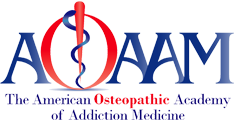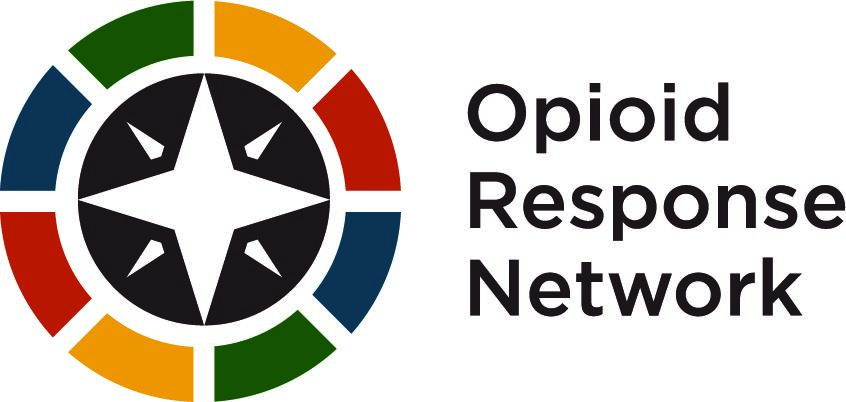MOUD Training
Program Overview This training will count towards the DEA’s new 8-hour training
Section 1262 of the Consolidated Appropriations Act, 2023 (also known as Omnibus bill), removes the federal requirement for practitioners to submit a Notice of Intent and obtain a waiver to your DEA license to prescribe schedule III-V medications, approved by the FDA for the treatment of opioid use disorder (OUD). Program Goals and Objectives PCSS-MOUD aims to increase the knowledge and skills of healthcare and counseling professionals about available evidence-based treatment approaches for substance use disorder (SUD) with a particular focus on opioid use disorder (OUD). PCSS-MOUD provides free training and mentoring to practitioners on the use of medications for OUD (MOUD) and the integration of these services into mainstream health care. PCSS-MOUD maintains and expands a comprehensive repository of training materials and educational resources to support evidence-based treatment of opioid use disorder. This repository includes an 8-hour MOUD course that meets the Drug Enforcement Administration (DEA) training requirement for prescribers to obtain or renew their DEA License Registration. In addition, PCSS-MOUD provides tailored education, training, mentorship consultation, and implementation support to multidisciplinary primary and specialty healthcare providers on team-based MOUD and general approaches for OUD screening, treatment, recovery, and harm reduction. Sponsorship PCSS-MOUD is led by the American Academy of Addiction Psychiatry (AAAP) in collaboration with AOAAM and an extensive coalition of national professional and healthcare organizations. PCSS-MOUD provides multidisciplinary training, guidance, mentorship, and implementation support at no cost to healthcare and behavioral health professionals to identify and treat their patients using U.S. Food and Drug Administration-approved (FDA) medications for opioid use disorder (MOUD). The overarching goal of PCSS-MOUD is to increase healthcare professionals’ knowledge, skills, and confidence in providing evidence-based practices in the prevention, treatment, recovery, and harm reduction of OUD. For More Information and FREE training and educational resources on MOUD visit pcssNOW.org. Funding for this initiative was made possible (in part) by grant nos. 1H79TI086770 and 1H79TI085588 from SAMHSA. The views expressed in written conference materials or publications and by speakers and moderators do not necessarily reflect the official policies of the Department of Health and Human Services; nor does mention of trade names, commercial practices, or organizations imply endorsement by the U.S. Government. |


